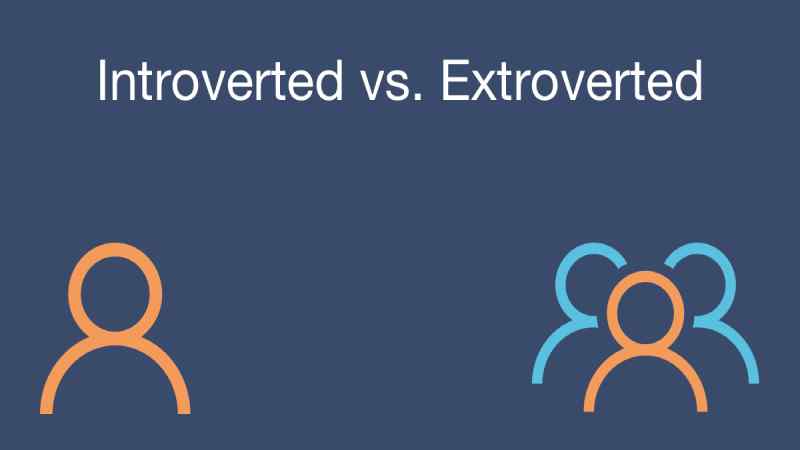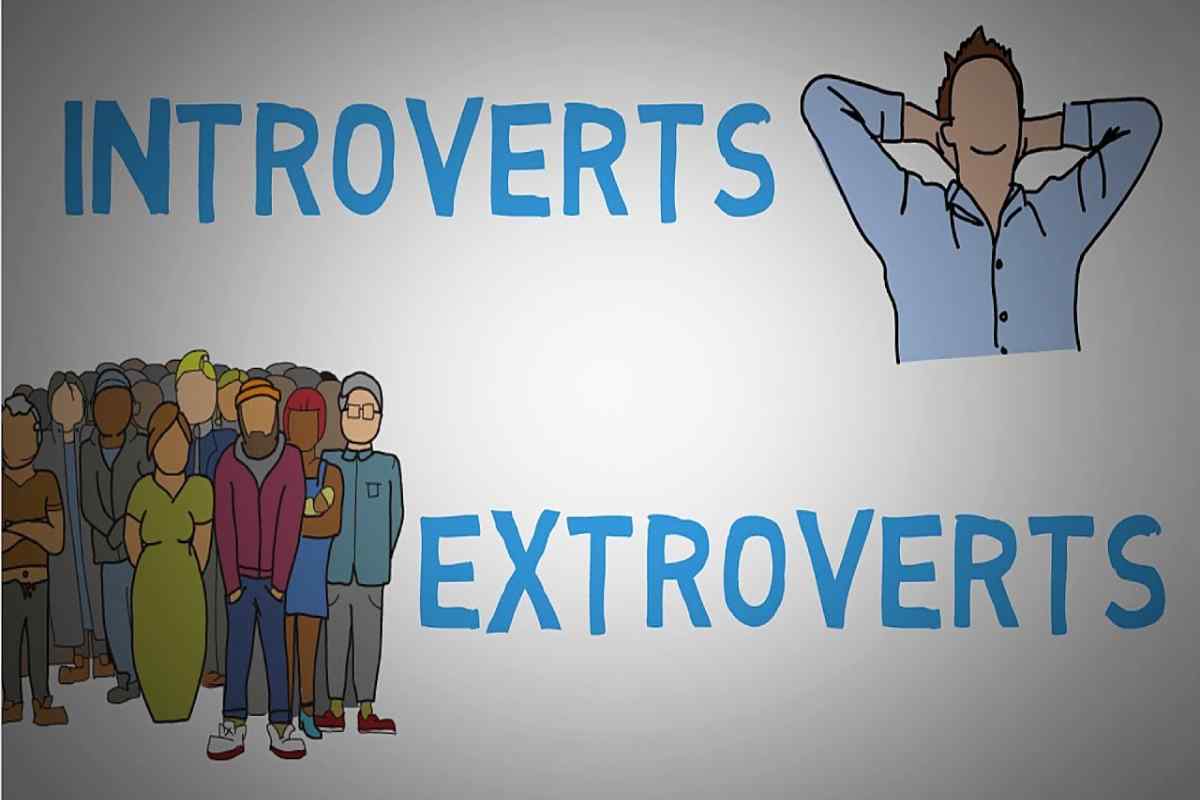Extroverts enjoy homework better than introverts:
Extroverts enjoy homework better than introverts, Whatever plays the most significant role in how you enjoy working from home is your personality trait. For example, according to a telework report, extroverted people thrive better than introverts.
More than 500 Swedes answered about 60 questions about their conditions and experiences of working from home after the spring of 2020. It led to the report “Homework – flexible work is the new normal.”
– It may sound paradoxical, but being an extrovert is the most critical factor in how you experience distance work, says Petri Kajonius, associate professor of behavioral science measurements and one of the report’s authors.
It’s about extroverts getting energy and desire from challenges and the feeling that “this is what we will solve together.” In addition, they become less isolated because they maintain more relationships outside the workplace. Because of COVID-19, there are different reasons to call a friend and look for solutions together at work, two things extroverts get started on. Petri Kajonius believes extroverts are probably even more motivated during the pandemic than usual. But for introverts, it’s the opposite.
-Introverted people have a more challenging time finding that extra energy and spark, and he says you as a manager should be aware of that.
He believes there is much to be gained from getting to know his employees better based on “The Big Five” in personality psychology: extroversion, neuroticism, benevolence, conscientiousness, and openness *.
Managers must treat different individuals differently – according to their abilities and personality traits. And what matters most for how you experience the situation, pandemic or not, is whether you are an extrovert or an introvert.

Table of Contents
Extra important with the boss’ feedback
During the pandemic, you should be careful with feedback and feel free to get in touch once more with introverted employees. The survey also showed that the family situation was central to thrive and perform at home in addition to extroversion. But how many people are at home or live small or large did not give any results in the survey results.
– If the others in the home do not like theirs, it will be challenging to concentrate, and we know that concentration opportunities are essential for job satisfaction, says Petri Kajonius.
Sitting and working in a quiet place is not enough, he says. Because the high school student can not cope with his school, the partner is unmotivated to his job, or the children come home from school in a bad mood, it is difficult to focus on work. And even if you live alone, you can be disturbed by housework and your thoughts differently in the home environment.
– For some, it is simply easier to concentrate in the workplace.
Many have enjoyed working at home.
The report shows that many have enjoyed their homework and have also reached their goals with the work. After the pandemic, the authors believe that at least one million Swedes will continue to work partly from home. The new everyday working life becomes more flexible.
– There will be no revolution because most people want to work and meet sometimes. But employers should be more permissive in terms of working from home and participating digitally in meetings.
Teach extroverts and introverts.
The first component of learning style settings is how learners interact with the outside world. Extroverted learners prefer to work with others and exchange ideas. Social and learning activities that help them include problem-solving with others, group projects, and learning through simulated experiences.
Outgoing learners have the following characteristics:
Very sociable, “people”
Comfortable enough to work and be part of a large crowd of people.
Have a large base of friends, enjoy meeting a lot of people.
Dive without always thinking
Feel exhausted when you spend too much time alone.
Outgoing learners have a social learning style. They also have a lively verbal learning style, often communicating through stories or being the first to volunteer for assignments and projects.
Introverts tend to be shy and introverted learners have an isolated learning style as they frequently prefer to solve problems independently. Introverted students love to think and research theoretical research. They like to consider the problem and weigh the options before moving on.
Introverted learners have the following characteristics:
Look reflective or sober
Slow acting – sometimes too slow
Have a tiny but neighbor group of friends – you prefer to get to know a few people well.
I feel more comfortable doing things on my own and prefer to do things that can be done on my own.
Often you like the idea of things more than the thing itself.
Finds it exhausting to spend time in large crowds or groups.

